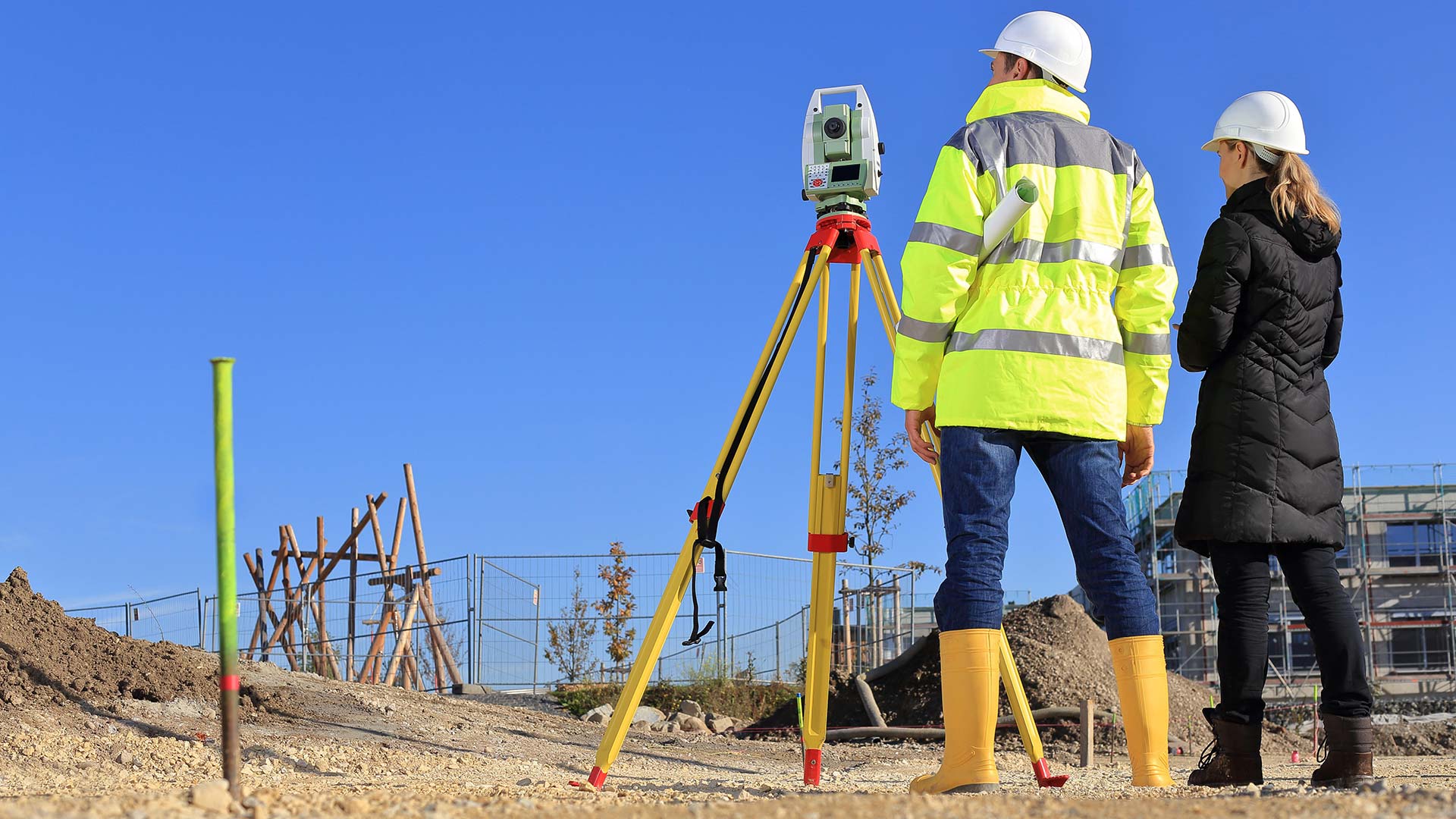Economic pressure
There are manifold challenges in healthcare that have a deep impact on every hospital’s strategy and patient care. Let’s start with financing: Hospitals suffer from dysfunctional funding in most countries of the world and, therefore, labor under enormous economic pressure.
Increasing patient number and morbidity
Increasing survival rates of aged and multi-morbid patients lead to a higher number of patients who need to be treated with a consistent or, in some countries, even a declining number of healthcare professionals, such as physicians and nurses. There is a manifest lack of those caregivers, especially in western countries. In consequence, physicians and nurses have less and less time for diagnostics, therapy, and talking with each patient.
Endangered medical and economic outcomes
The downside is obvious: The medical outcomes are as well endangered as the job satisfaction of the healthcare professionals and, subsequently, the hospitals` economic prosperity. This predicament is even aggravated by increasing demand for administrative tasks and the (legally required) obligation for documentation. Hence, hospitals are challenged to gain and hold employees, which only can be attained by significantly improving the working conditions and the professional outlook.
Medical tourism and transregional competition
Simulatenously, patients are better and better informed about their diseases, possible therapeutic options, and not least, the performance and outcome quality of the hospitals worldwide. The well-informed patient, on the one hand, may contribute to his or her quick reconvalescence. Well-informed patients, on the other hand, are willing and able to travel long-distance to get the best treatment in their specific cases. Thus, hospitals that formerly acted locally find themselves in a demanding transregional, sometimes global competitive situation nowadays.
The leader`s burden
The senior physician or medical director of a department or hospital hardly has time or resources to take on all the challenges in the healthcare sector today. Nevertheless, he or she remains responsible for excellent outcomes in the fields of medical care, balance sheet, employee satisfaction and development, education, and research.
Healthcare professionals benefitting from systematic clinic management
A dedicated hospital manager could alleviate the healthcare leaders’ burden and sometimes even may professionalize the necessary management tasks. Moreover, decentralized clinical managers can act as an interface between the central hospital administration and medical caregivers, which can constitute noticeable effects of load relief for both the healthcare professionals and the administrative personnel. Processes will be accelerated and simplified, so that clinicians, scientists, and teachers can focus on their core competencies: Patient care, research, as well as nurses` and students` education.



